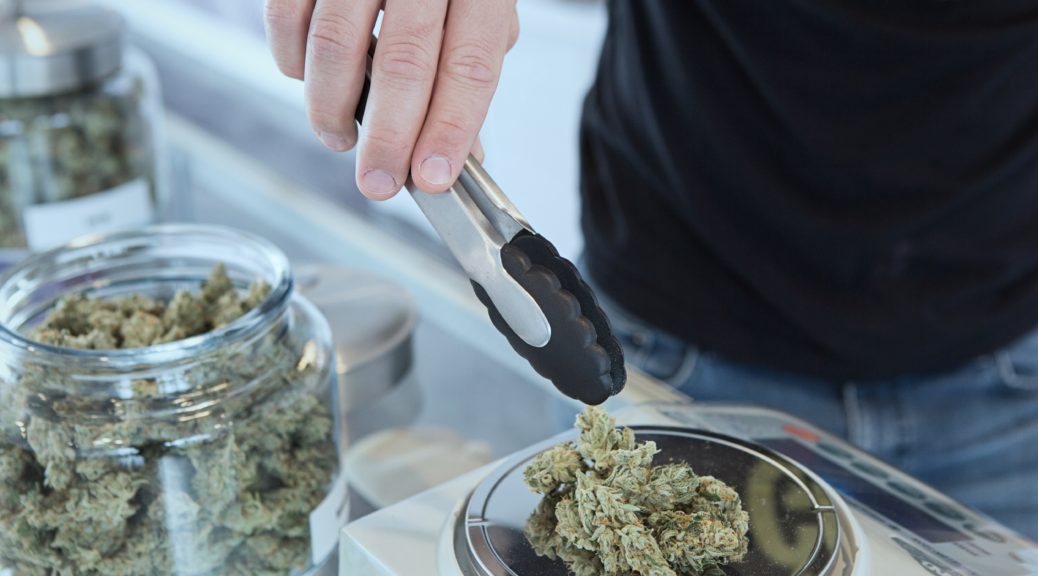Proximity of Alcohol Establishments and Sales of Cannabis to Intoxicated Customers
A multi-disciplinary research team led by Klein Buendel presented data from an active polysubstance (alcohol and cannabis) project at the 48th Annual Research Society on Alcohol Scientific Meeting on June 21-25, 2025 in New Orleans, Louisiana.

State laws prohibiting sales of alcohol to apparently intoxicated customers are intended to prevent morbidity/mortality from impaired driving, impulsive behaviors, injuries, and violence. A few states (including Oregon) have similar prohibitions for recreational cannabis sales. Compliance with state prohibitions against sales to intoxicated customers by co-located alcohol and cannabis sales establishments was examined in two metropolitan areas in Oregon.
In 2024, actors trained to feign alcohol intoxication visited state-licensed recreational cannabis stores in four counties containing Portland and Salem metropolitan areas and attempted to purchase a low-cost cannabis product while displaying alcohol intoxication. These same actors assessed sales of alcohol products at licensed on-site and off-site alcohol premises located near cannabis stores, using the pseudo-patron protocol. Concordance in refusals (1=both establishments refused vs. 0=else) and concordance in sales (1=both sold vs. 0=else) and point-to-point distances (in kilometers) between alcohol premises and each cannabis store were calculated.
Pseudo-patron teams consisting of a buyer feigning intoxication and an observer assessed 173 cannabis stores and 39 alcohol premises, resulting in 6,747 pairs of establishments. Logistic regression revealed that concordance in refusals (regulatory compliance) was higher in pairs of establishments that were located closer together rather than farther apart. Concordance in sales (regulatory non-compliance) was higher in pairs of establishments that were farther apart rather than closer together, even when examining pairs within the same city and county.
Neighborhood influences on alcohol and cannabis use may arise from the consistency of responsible sales behavior of co-located retailers. When both alcohol and cannabis establishments fail to refuse sales to intoxicated customers, use of alcohol and cannabis and accompanying harms may increase, especially from co-use which can result in high impairment. Community norms associated with, for example, social class or presence of children or regulators’ enforcement efforts may determine similarity in compliance. Responsible vendor training requirements or additional enforcement efforts might reduce co-location effects (neighborhood differences). The small number of alcohol premises and single state somewhat limited the study.
This research is supported by a grant from the National Institute on Alcohol Abuse and Alcoholism (AA031591; Dr. W. Gill Woodall and Dr. David Buller, Multiple Principal Investigators). Additional collaborating authors include Dr. Robert Saltz from the Pacific Institute for Research and Evaluation; Dr. James Fell from the National Opinion Research Center; Dr. Ian Buller from DLH Corporation, Inc.; Dr. Gary Cutter from the University of Alabama; and Ms. Lila Martinez, Mr. Noah Chirico, and Ms. Amanda Brice from Klein Buendel.







